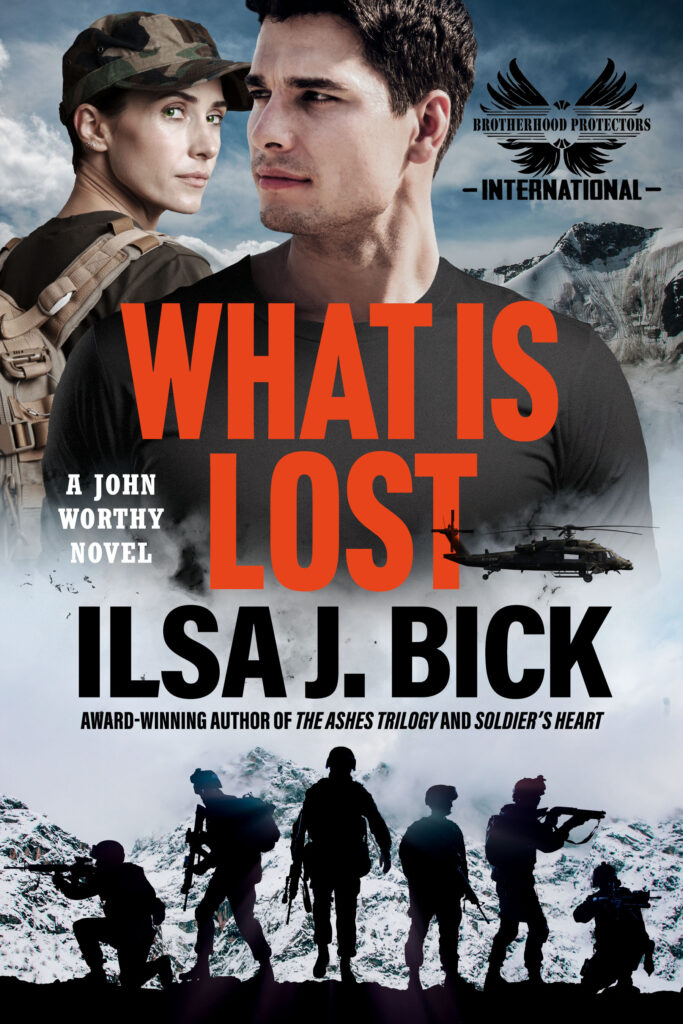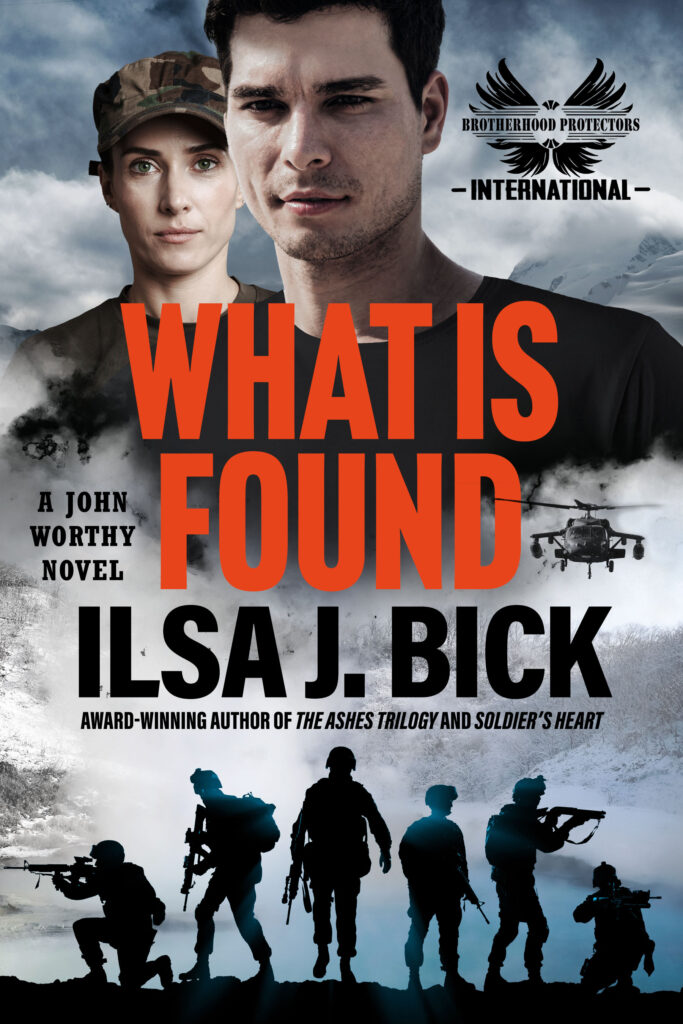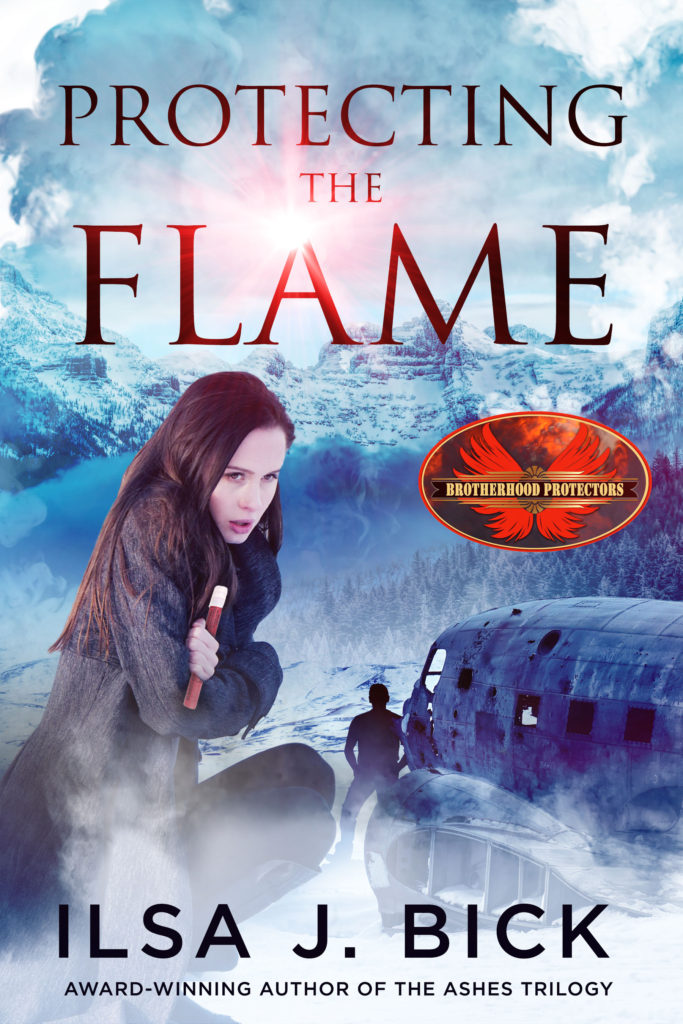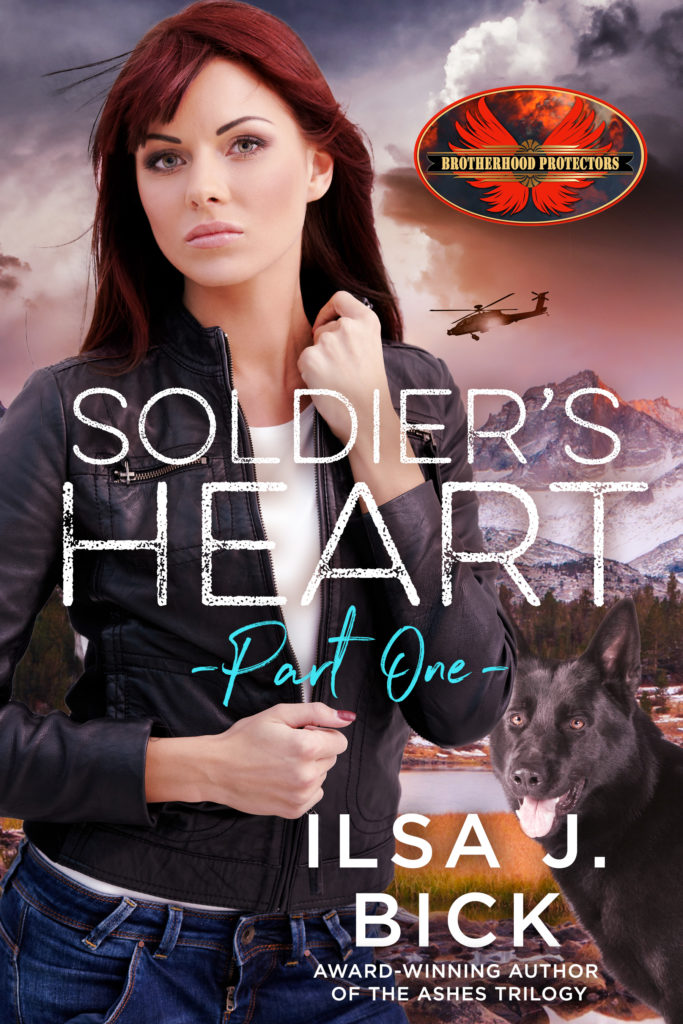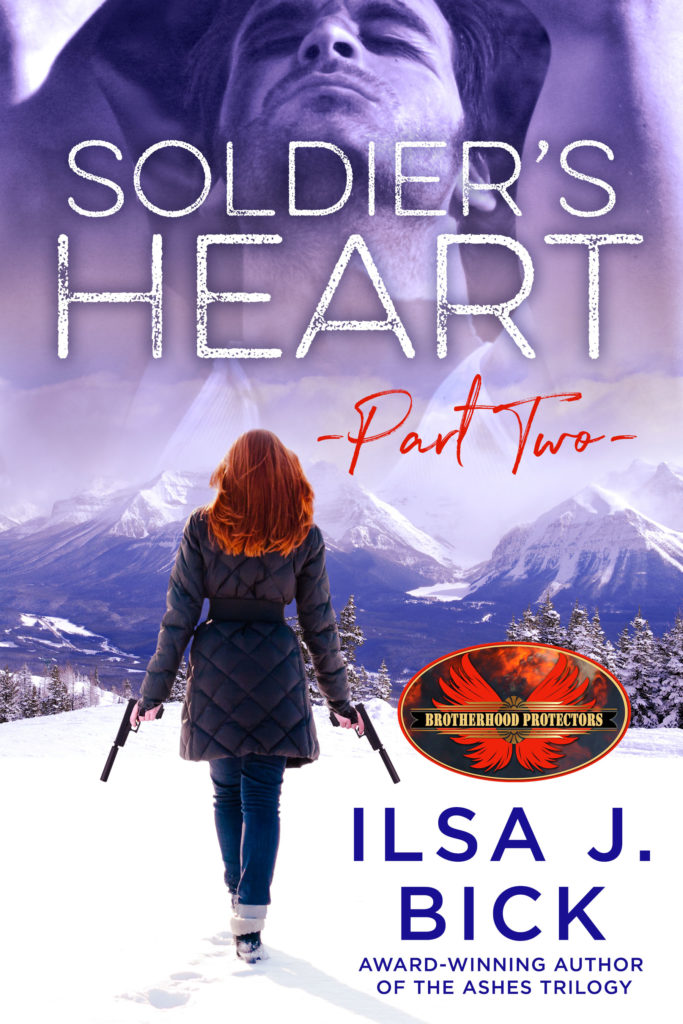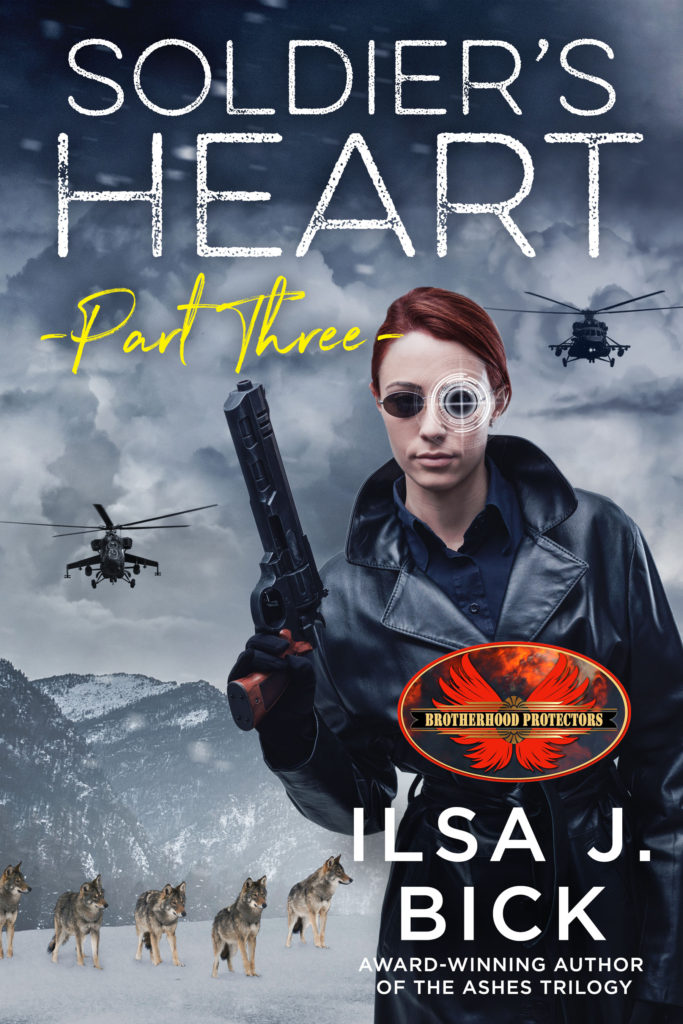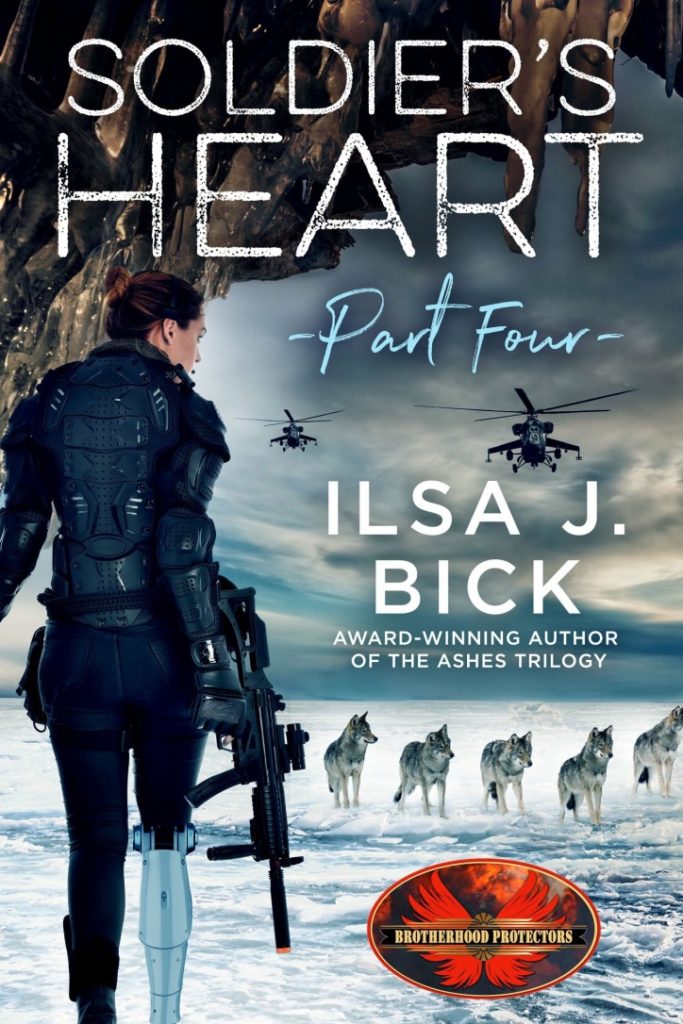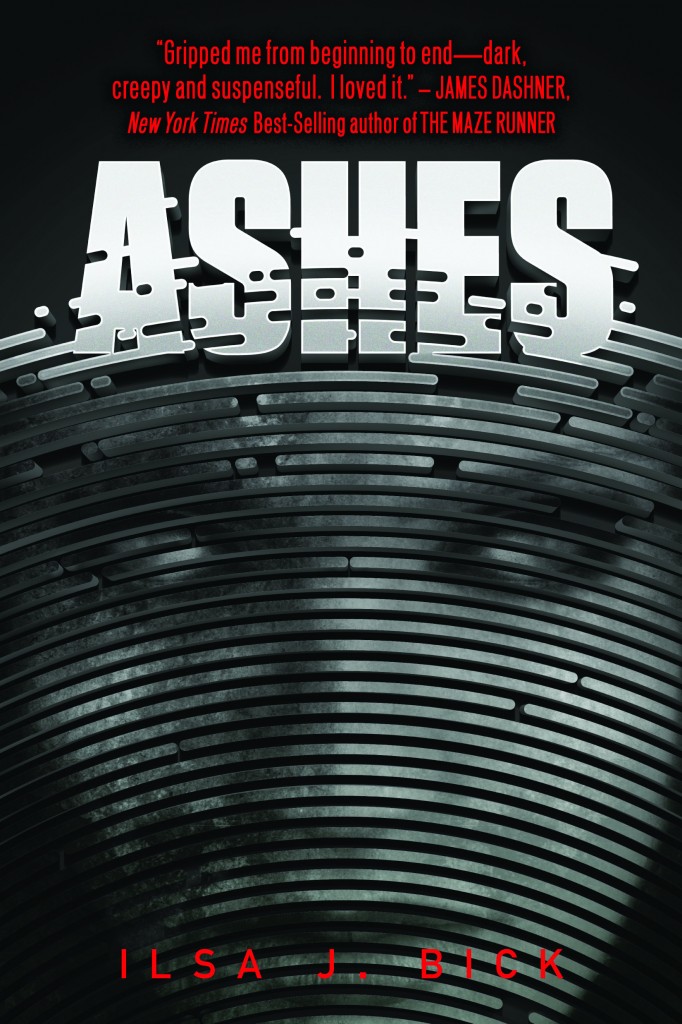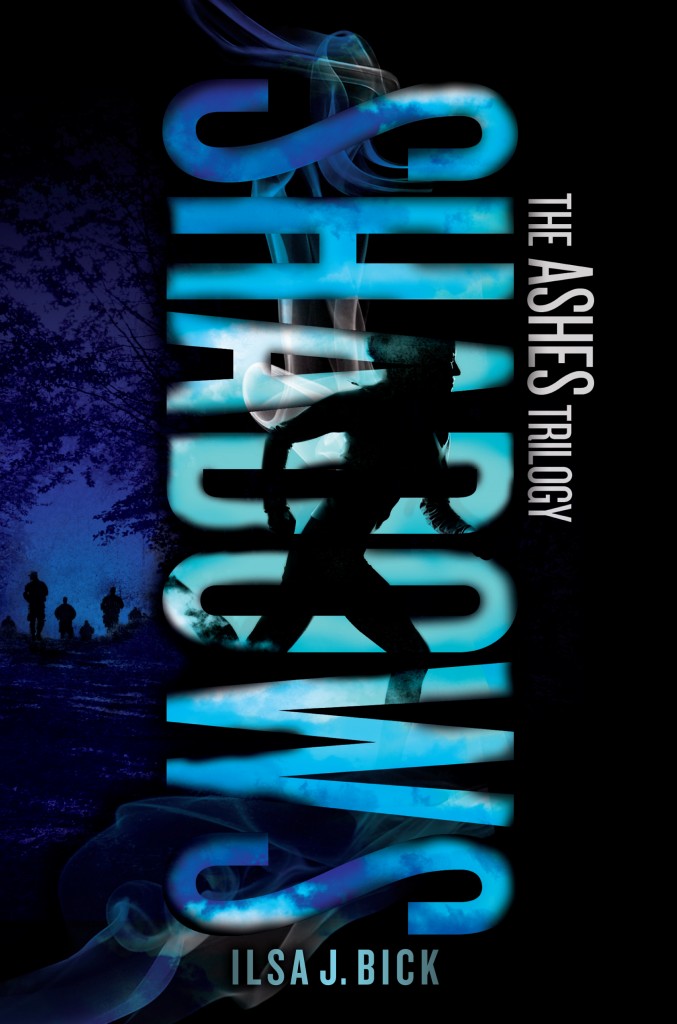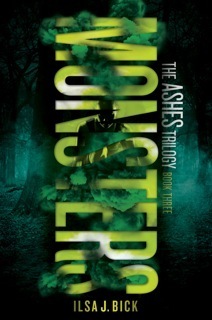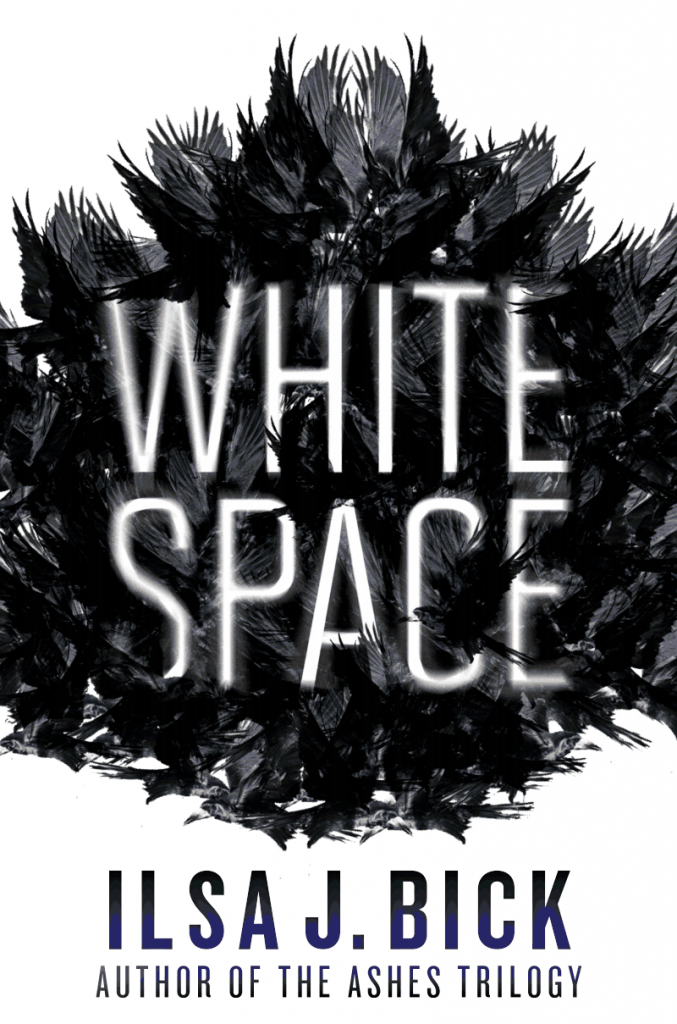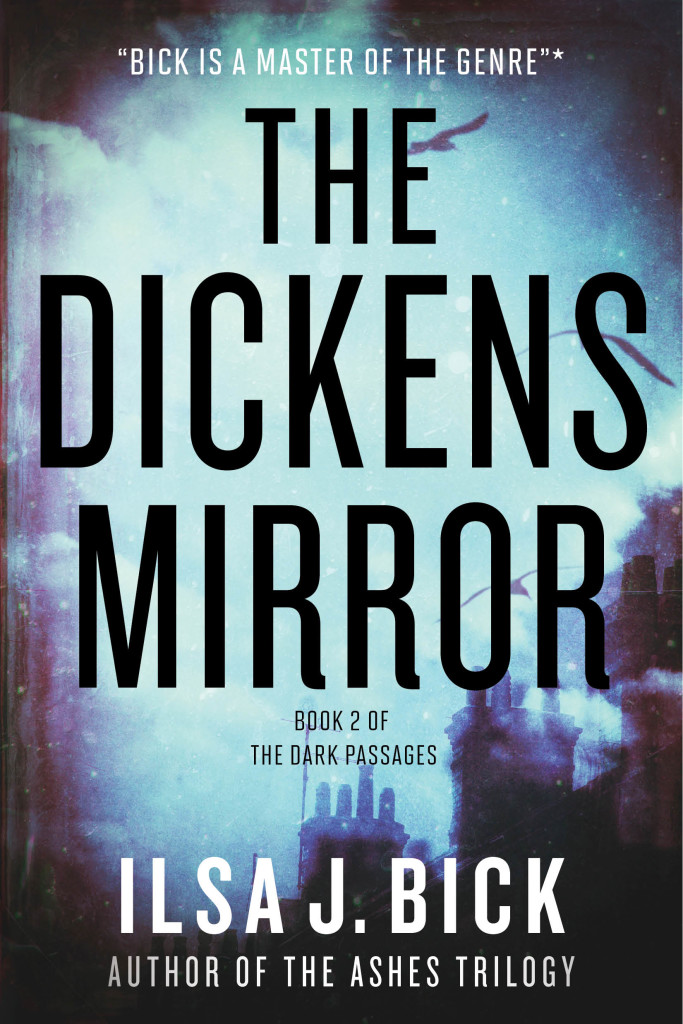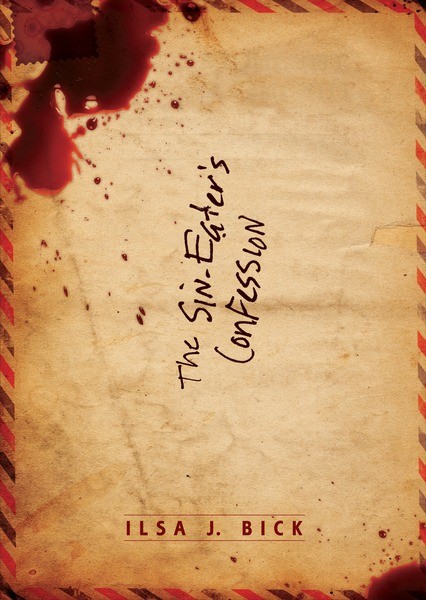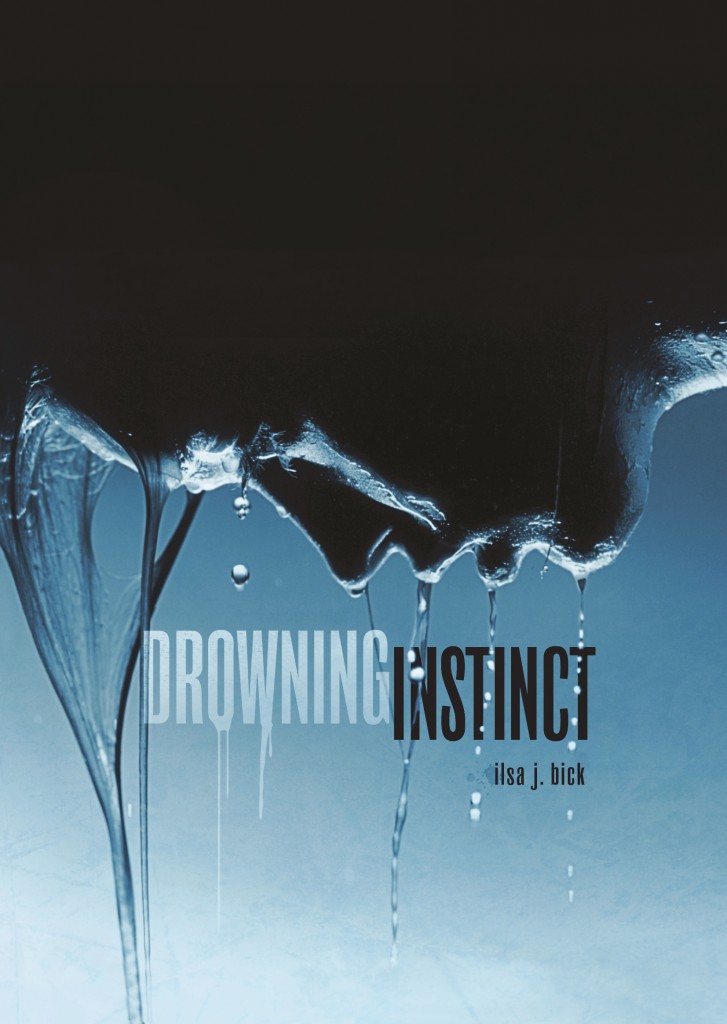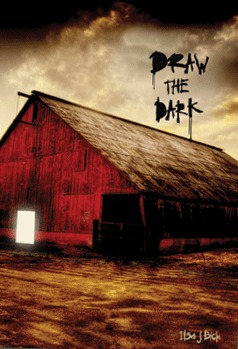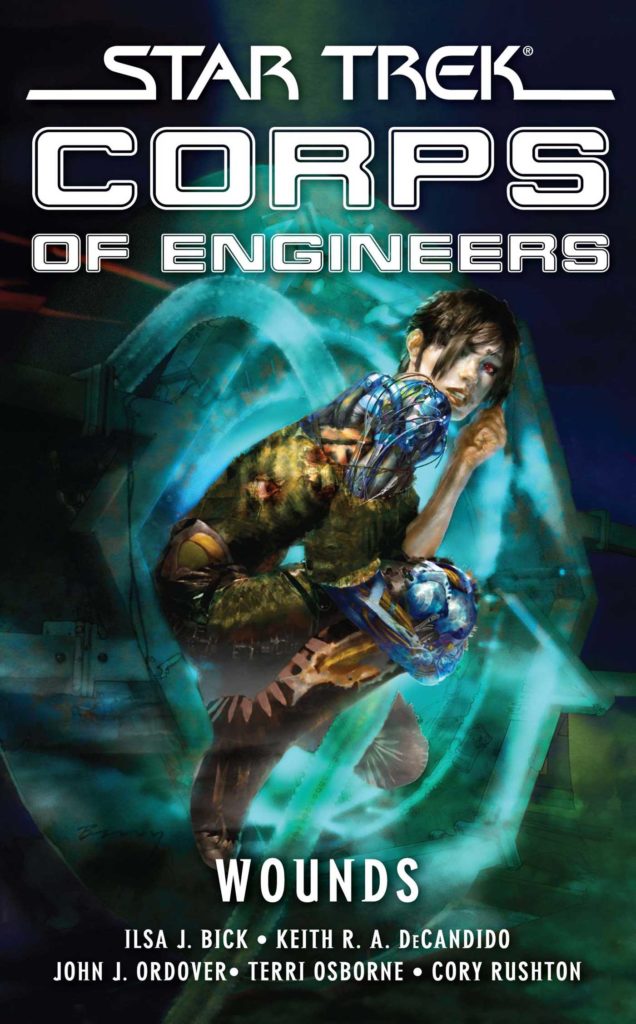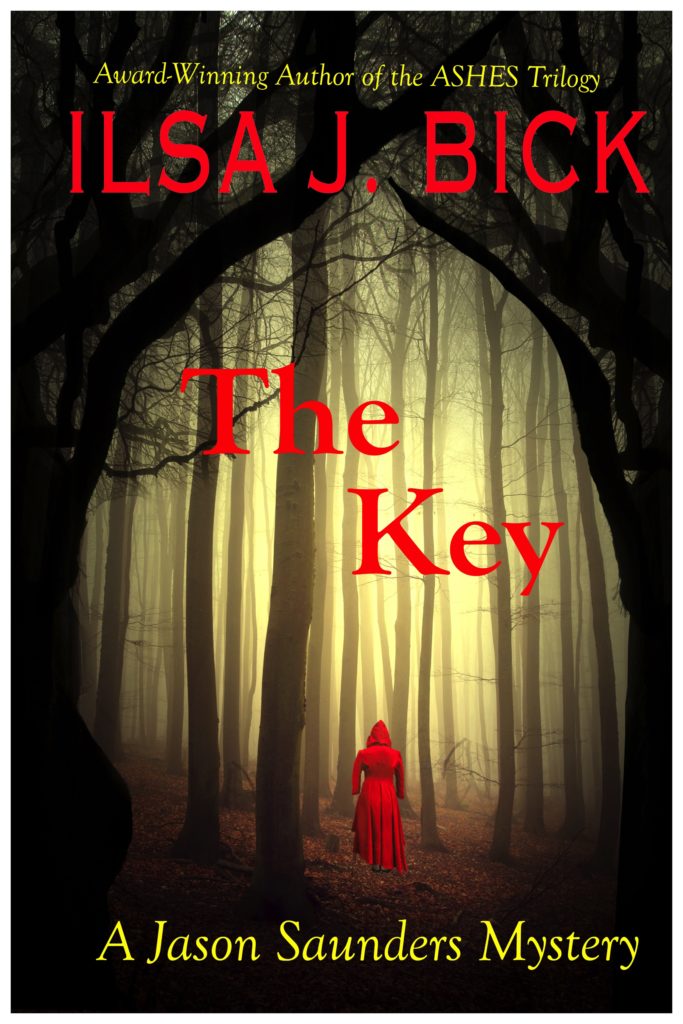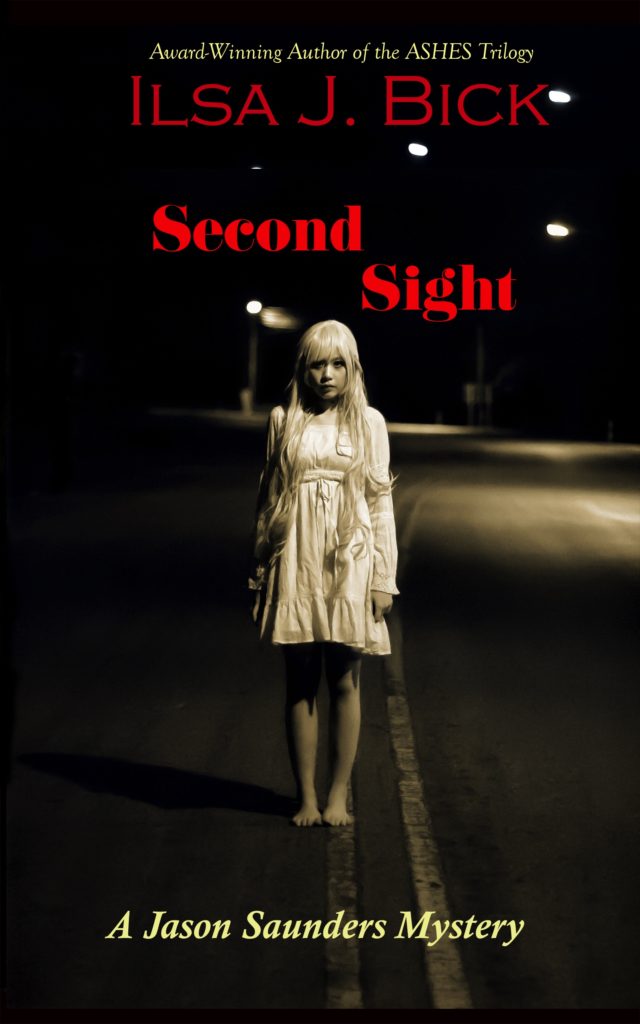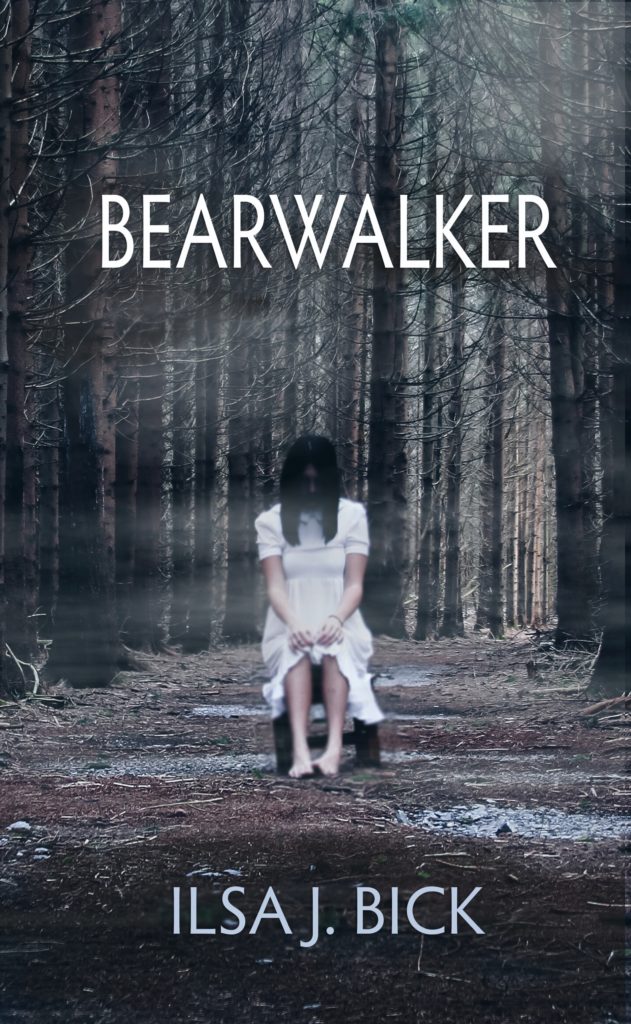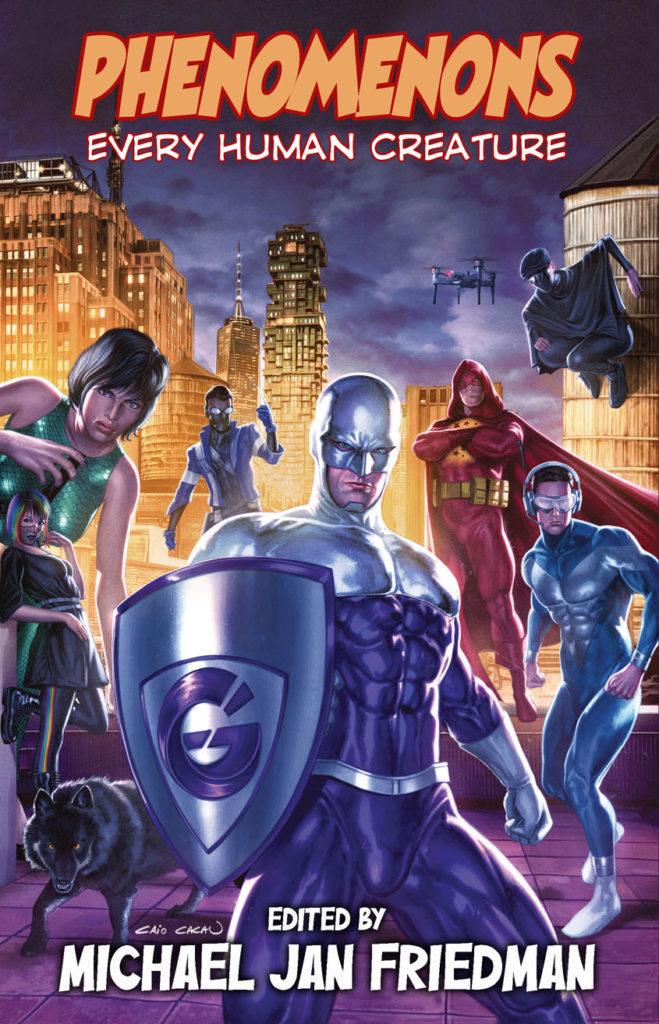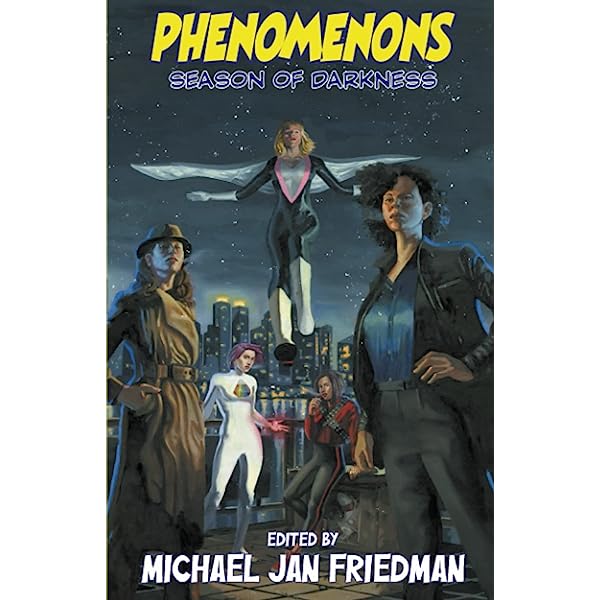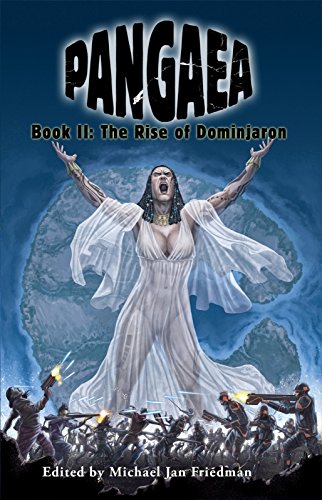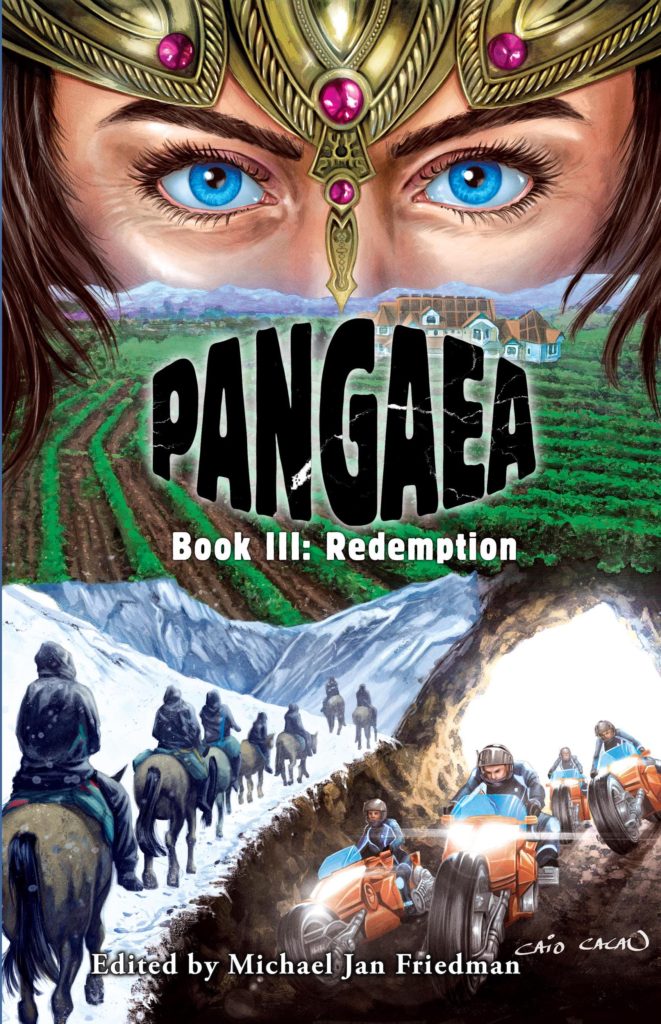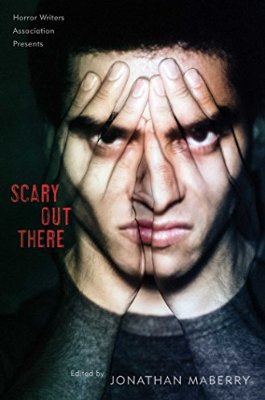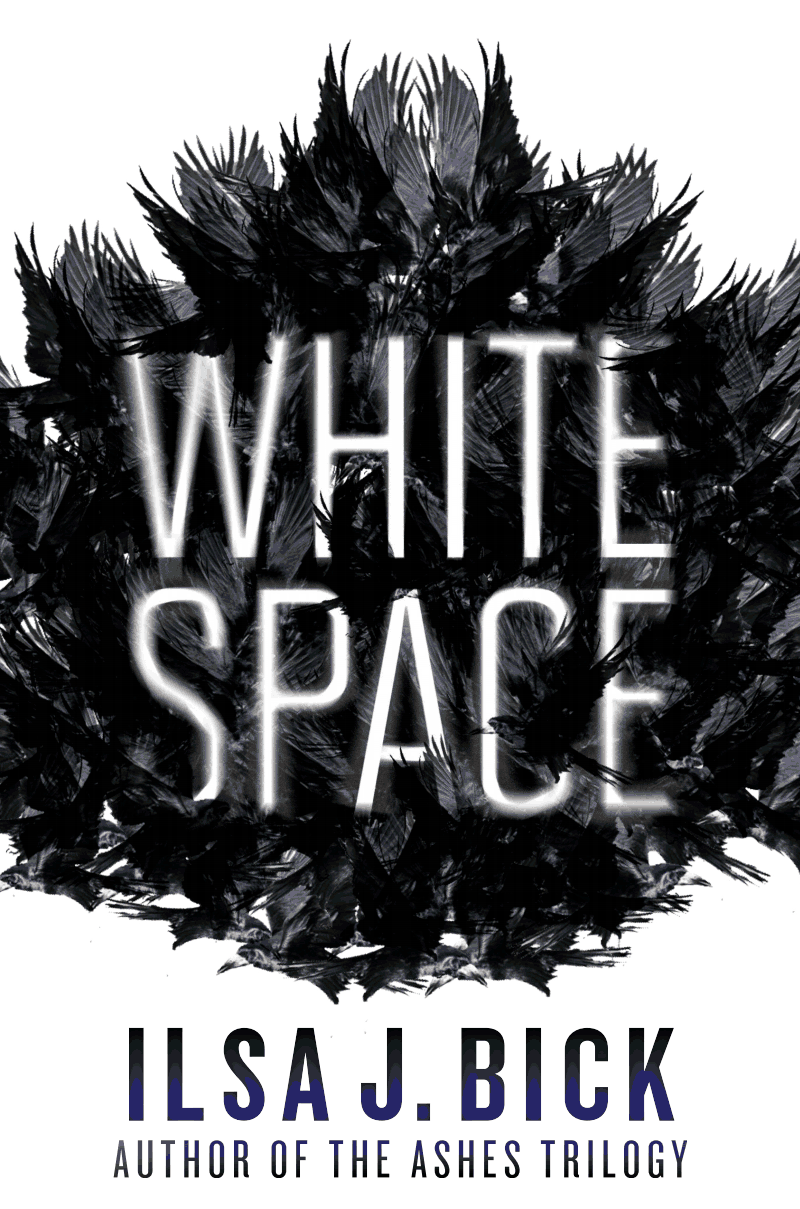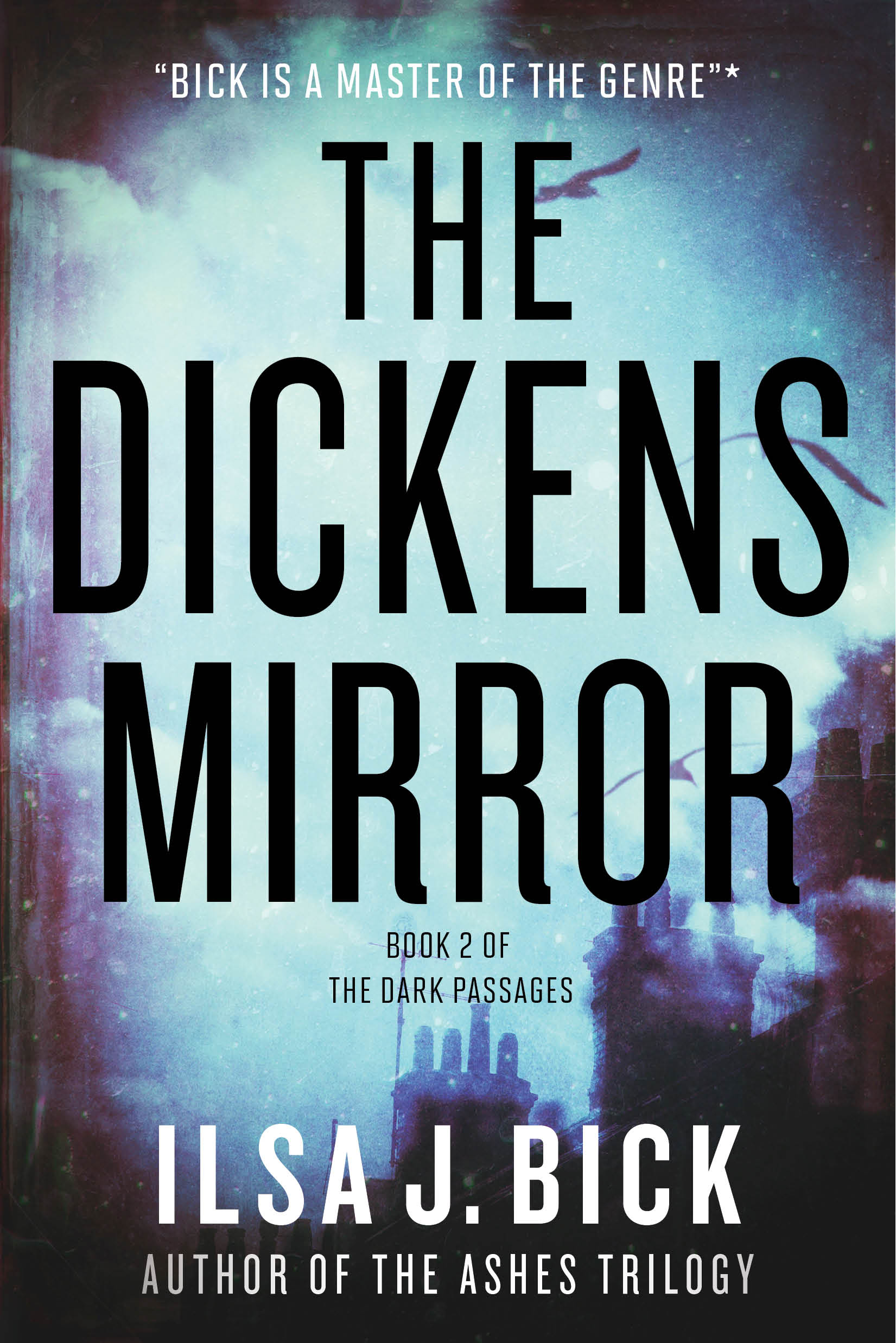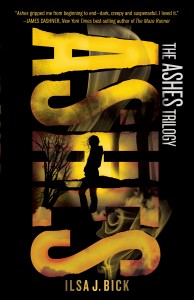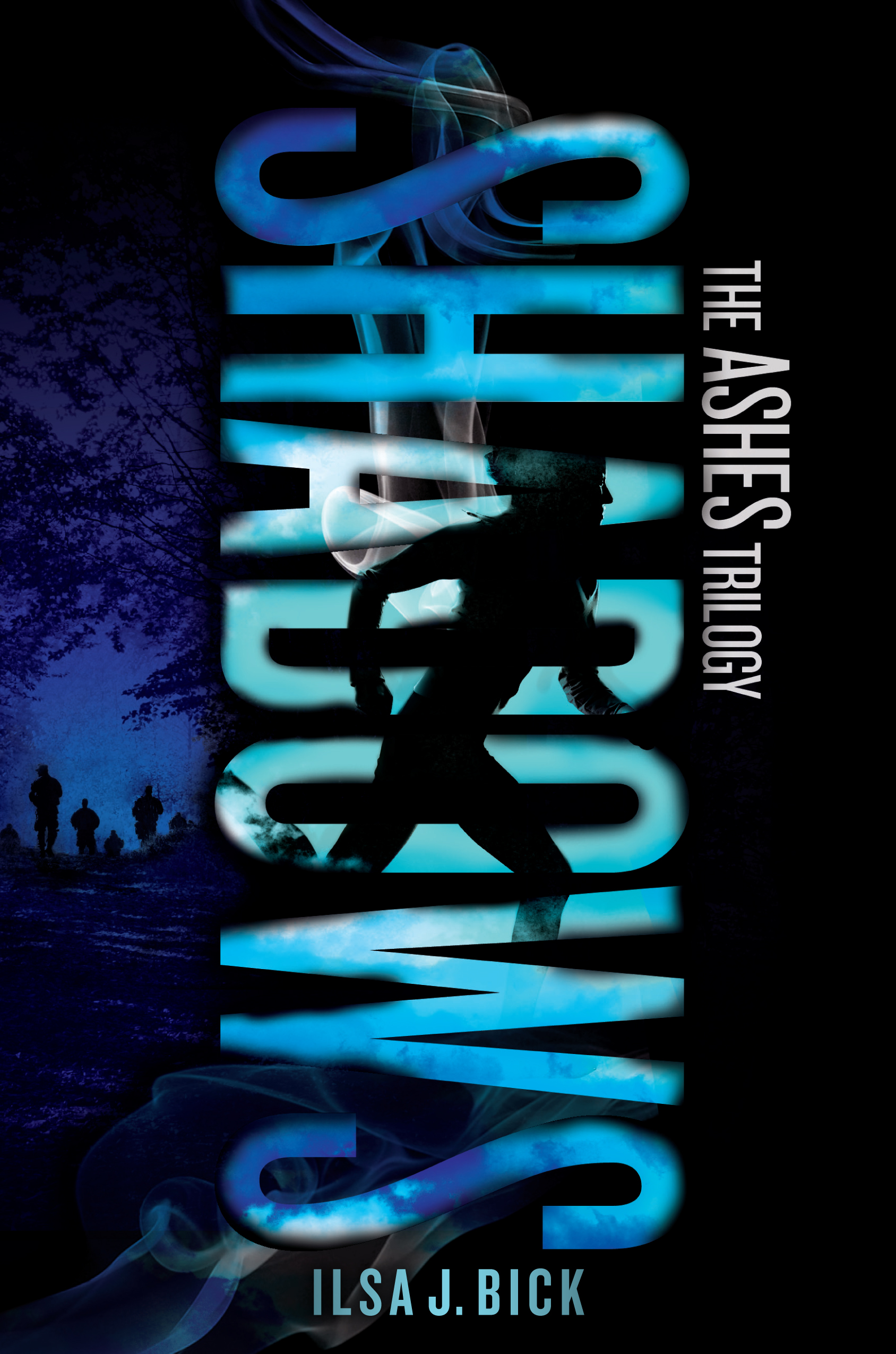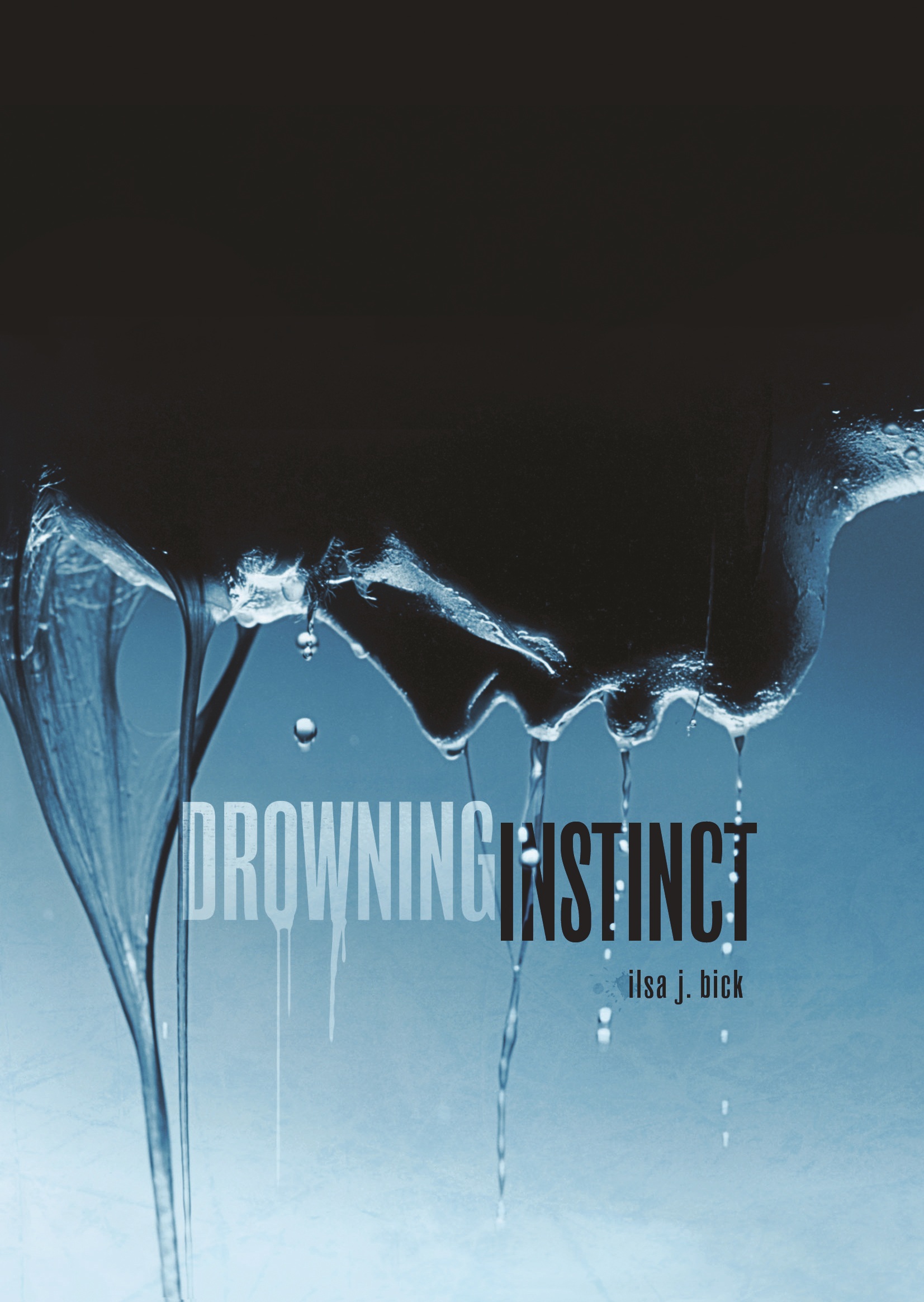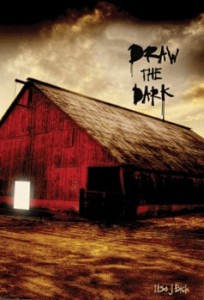Part of a writer’s job is to read—something I’d do anyway because I love reading and so I thought I’d pass on the love every month with my picks: articles and books that I think are worth your time and effort. So, nothing snarky or negative here; these are books I would suggest you consider, not foist on your worst enemy. Life is tough enough.
Also, you’ll notice that, occasionally, I’ll pass along a tip on an audiobook I’ve enjoyed. Now, I love audiobooks for a variety of reasons, not the least of which I DON’T have time to read EVERYTHING because there’s the rest of life to attend to: little things like cooking, doing laundry, exercising, stuff like that. Audiobooks are a great way for me to keep up with my “reading.” They’re not everyone’s cuppa, so that’s fine. I have found, though, that a great narrator can make an otherwise so-so book truly fun.
In addition, not everything I read is new; sometimes I go back to authors I’ve liked and re-read some of what I consider to be their best stuff. Other times, I’m just catching up on stuff I’ve been meaning to read. That means that I will sometimes recommend books and articles that came out a while back.
Two more caveats: First, I read a lot and in many different genres, so sometimes I’ll pass along a tip on, say, an adult thriller or memoir rather than a YA. Just so that’s clear.
Second, I read far more than I end up recommending. For example, this past month, I read about two books a week—sometimes more, sometimes less–and a handful of articles and a couple of short stories. So that’s, what? Eight? Ten books? Twelve? Something like that. Yet I was pretty much underwhelmed by most everything I read. One book I actually stopped reading about a third of the way through; despite all the fuss the book received, it was only ho-hum: nicely atmospheric but populated with one-dimensional characters and a situation I’ve read before. (I actually skipped ahead to the end, read that and figured . . . oh boy, I know where this is going next.) Other books—sequels, most of them—were simply blah. Just not that interesting and not worth the time.
I think it was Stephen King who once outlined the 20% rule of thumb: if after reading 20% of a book, you’re not getting back more than you’re putting in, move on. Even if it wasn’t King who wrote that, I figure that’s good advice. There are only so many hours in the day and always too many books. Sometimes that means I won’t finish a book if I judge it’s simply not worth my time—but I won’t tell you about those experiences either.
Having said that, remember: These are my opinions. A bunch of other people have nudged people I wouldn’t recommend onto bestseller lists. Just because I don’t see why doesn’t mean the writers don’t deserve to be there. Reviews, even from influential folks like the New York Times or PW, are simply opinions; they reflect the tastes of the people writing them. I’ve certainly read books other people raved about and just shaken my head; other books I’ve loved and other people hated. All a matter of personal taste, and tastes change. Just so we’re clear on that, too.
This past September, I read a fair amount: a bunch of YA series’ (three complete series, to be exact, and the first in another—so ten, pretty hefty books); two YA contemporary stand-alones; four adult thrillers, three from writers I’ve loyally followed for years; a memoir; a nice handful of science articles because I’m pretty much of a geek. Out of all that, I found some stuff to be enjoyable but not recommendable; other stuff was just . . . well, suffice it to say that I asked my husband to stop me if he sees me reaching for this author again. (Having liked some of this writer’s stuff before, I always have such high hopes—and I’m always disappointed.)
So the pickings are kind of slim for this month, which is kind of a bummer, but here’s stuff you might consider:
Agassi, Andre, Open: An Autobiography; Vintage, 2010. The reason I picked this up was not because I’m a huge tennis fan or necessarily all that curious about Agassi. The reason I decided to try this book was because J. R. Moehringer wrote it. If anyone hasn’t read Moehringer’s fabulous memoir, The Tender Bar, do so. That book was hand’s-down one of the best memoirs I’ve ever read and so good I gifted it to several friends. Moehringer, a Pulitzer-Prize winning journalist, is a fabulous writer, and he does an excellent job here of presenting Agassi’s life-story. Some bits are repetitive and others snarky, but what you begin to appreciate is the drive elite athletes must have to endure the sacrifices they do. Agassi is particularly perceptive when it comes to understanding that victory is fleeting while defeat is forever. Whatever you decide about Agassi by the time you finish this book—and I won’t tell you what I think—you will enjoy the journey. Worth your time.
Grant, Michael, Gone; Katherine Tegen Books, 2008. Okay, so I’m late to this YA series; mea culpa. I’d heard of this before but kept putting off the read for any number of reasons. What finally motivated me to get my butt in gear was that the third book in the series just came out and I figured, heck, honey, you better get moving.
The premise is pretty interesting: what if everyone fifteen or older simply disappeared? Not only that, but what if the kids who were left were isolated from the rest of the world by an impenetrable barrier? And what if some of those kids acquired interesting powers? And what if some of the animals did, too?
Think of this book as what might have been had Stephen King written Lord of the Flies. Some elements—the superpowers, for example—are a tad deus ex machina, and there is one plot point that should derail the entire book. The beauty of Grant’s writing is his ability to keep things moving, and because of that, most readers will probably glide right on past that element without a second thought. This book is well-plotted, crisply paced and thoroughly engaging. Despite the age of the protagonists, though, this is not for younger readers or even tweens but older adolescents who want their thrills gritty and stark. Not for the faint of heart.
King, Stephen, It; Audible Audio Edition/Penguin Audiobooks, 2010; Don’t ask me why I never read this book because I’m not sure. I think it had something to do with the clown. Clowns don’t particularly scare me, and neither do very long books, but I just wasn’t that interested in this one. I think I’d concluded that King had riffed on John Wayne Gacy, which elicited nothing more from me than a shrug.
What an idiot. (Me, not King.)
The only reason I finally got around to this book was because Audible came out with this unabridged recording done by a fabulous narrator, Steven Weber. Weber’s a prolific movie and television actor and no stranger to Stephen King, having played Jack Torrance in the television version of The Shining (hand’s-down five hundred thousand times better than Kubrick’s movie, which is only watchable because of Jack Nicholson) and Steve Ames in Desperation which aired several years ago. So I know Weber’s work and like him: simple as that.
Now I’ve listened to a bunch of King’s books; I’ve read a bunch of them; and I’ve read and listened to many as well—and I can say, without hesitation, that Weber does one heck of a great read. Many narrators have trouble when it comes to voicing different characters. Not Weber: His isn’t just doing a reading. He performs; he acts (and oh, so well) and the guy never lets up during the nearly 45 hours of this audiobook. (That’s got to be some kind of record.) Remember when I said that a great reader can make an otherwise okay book immensely enjoyable? That happens here, in spades. The novel has flaws, no doubt about it; it’s an ambitious undertaking. (Think of The Stand on steroids, and you start to get the picture.)
I will be the first to admit that this is not my favorite King book, and I might not have finished this if I’d started reading it. King is a fabulous story-teller and It’s themes—the eternal struggle between good and evil; the stain evil leaves throughout generations; the many faces of evil—are familiar King territory, but he’s just tried to do too much here. And, to be very honest, there is one plot element that I found not only unbelievable but incredibly tasteless and downright offensive.
An adult listen, though, It is worth every moment because Weber is just that good and knows his craft.. He makes the clunkier portions of this book work, and the superb sections shine. When King’s firing on all cylinders, there is no one on the planet better at drawing you in and holding you there. If you haven’t listened to an audiobook before, this is one that makes for a great introduction.
Sandford, John, Bad Blood; G.P. Putnam’s Sons, 2010. Of all the adult thriller series writers out there, John Sandford’s always been one of my favorites. His Prey series featuring Lucas Davenport has been, by and large, very well-written, well-plotted, and entertaining, even though the last few books have been showing signs of a series that may be on its way out (and more’s the pity). This particular book is the fourth in a new series featuring Virgil Flowers, a Minnesota BCA agent introduced in Invisible Prey. I’ll say right off the bat that Flowers’s character lacks the complexity of Lucas Davenport’s, primarily because he’s a very different kind of guy: an easy-going Gen-Xer with an eye for the ladies. This series is, I think, pitched for a different audience than those who grew up reading Sandford’s Prey books. To my mind, the Flowers book are not as well-plotted or half as interesting—and the same can be said of this latest installment which revolves around murder, child abuse and a secretive cult in rural Minnesota.
So why recommend this book? For the adrenaline rush. For the sheer joy of reading a set-piece done well. Each Flowers novel has some spectacular set-piece—many of the Davenport books do, too, and there tend to be more of them packed into a single book along with more involving and intricate characters. As a writer, I appreciate the skill required to pull off a shoot-em-up, and there’s a doozy here.
So, if you are an adult reader, like action, don’t feel like breaking a sweat and want something that is pretty much straight-line, without much of the way of puzzles or deep characterizations, then the Flowers series is for you. This read is fast, effortless mind candy. You want something with a darker vibe and more complexity, check out the Prey series instead.
